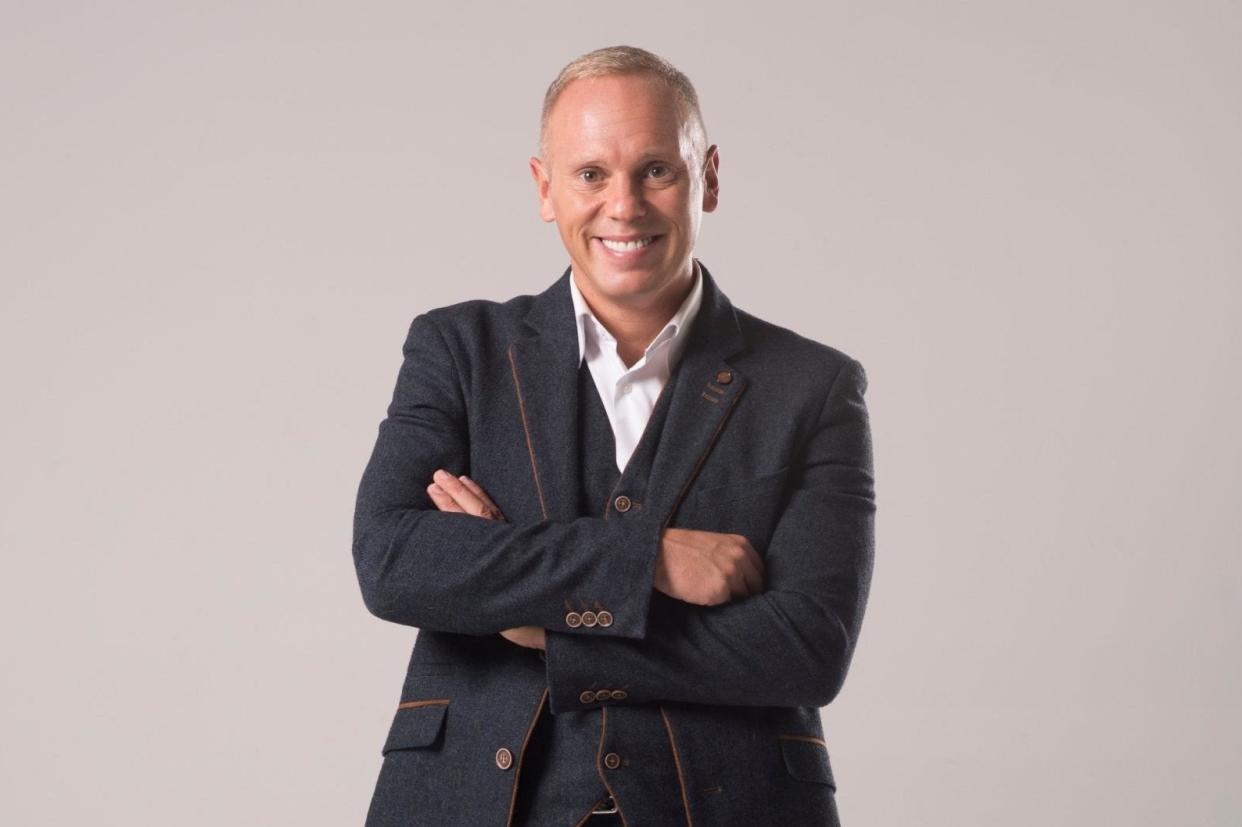Rob Rinder: It’s becoming easier to lose friends and alienate people — all it takes is one political disagreement

Some people think my husband and I divorced because he would never move his damn shoes. Perhaps it had a tiny bit to do with it (these days I certainly sleep easier knowing that every clog and espadrille is in its proper place). But in reality our footwear rows were just part of the jolly squabbling inherent in every marriage (I don’t trust any relationship where both parties don’t occasionally loathe each other).
No. It was a lot of things, of course. I guess what did it for us eventually was that after years of marriage we discovered that, when all was said and done, despite him being a lovely man, we just had fundamentally different outlooks on life. It was painful to learn and we really tried to meet in the middle, but in the end we just were too far apart.
At the moment I keep seeing relationships (romantic and otherwise) exploding because they disagree about politics. I know of dozens of friendships that have crumbled under the weight of Donald Trump, and plenty of couples who could cite both Nigel Farage and Michel Barnier in their divorce proceedings.
You might even think that this sort of thing could happen to me: I hold strong opinions and have what might be called a flair for breezy honesty (just ask everyone who’s ever met me). But you’d be wrong.
My friends are my life, but we disagree all the time about almost everything. The finest, friendliest evenings I can remember have left me hoarse from arguing with them, half-blind from rolling my eyes so much.
Right now, it’s all the more important to treasure friends who have different points of view. I suppose if you can go online and join a crowd of people repeating exactly what you think, perpetually patting you on your electronic back, it’s not surprising that some people can’t handle real-world disagreement. Or maybe it’s because everyone feels so utterly and totally invested in every single issue in the world.
But every time you drop a friend over political disagreement, everyone gets dragged a little bit further into their echo chambers. We all lose out.
That’s not to say that there’s no limit. Every so often, you discover there are red lines beyond which a friendship cannot travel.
I had a witty and complicated acquaintance staying at my house a few years ago: the sort of 10th rate controversialist who is mainly fuelled by hashtags and sarcasm (no, it wasn’t Katie Hopkins). We’d clashed on a handful of silly topics, but over the years talked mostly about art and music and all the wonderful things we both love.
Then, late one evening, they offhandedly expressed a view that was so appalling that I cannot reproduce it in a family newspaper (it’s the sort of thing you’d find shocking on the wall of an abandoned loo in the bad part of town). I knew that this person believed the unacceptable thing they had said. I knew they couldn’t be argued out of it. So I said, “not in my house.” And that friendship ended — forever.
We’re all under an obligation to call out what’s wrong but we must also explain why
It’s a tough line to draw, to be sure. We’re all under an obligation to call out something misguided, something hateful or cruel. To be what Maya Angelou called “courageous”.
But we also have a responsibility to try to explain to people why they’re wrong, not just abandon them to their wrongness.
On those rare occasions when we can’t, when we find ourselves staring at a set of values too far away, then it’s true that we might have to let someone go. But for everything else, it’s important to remember there’s often more to enjoy in the discord than in the harmony.

 Yahoo News
Yahoo News 
